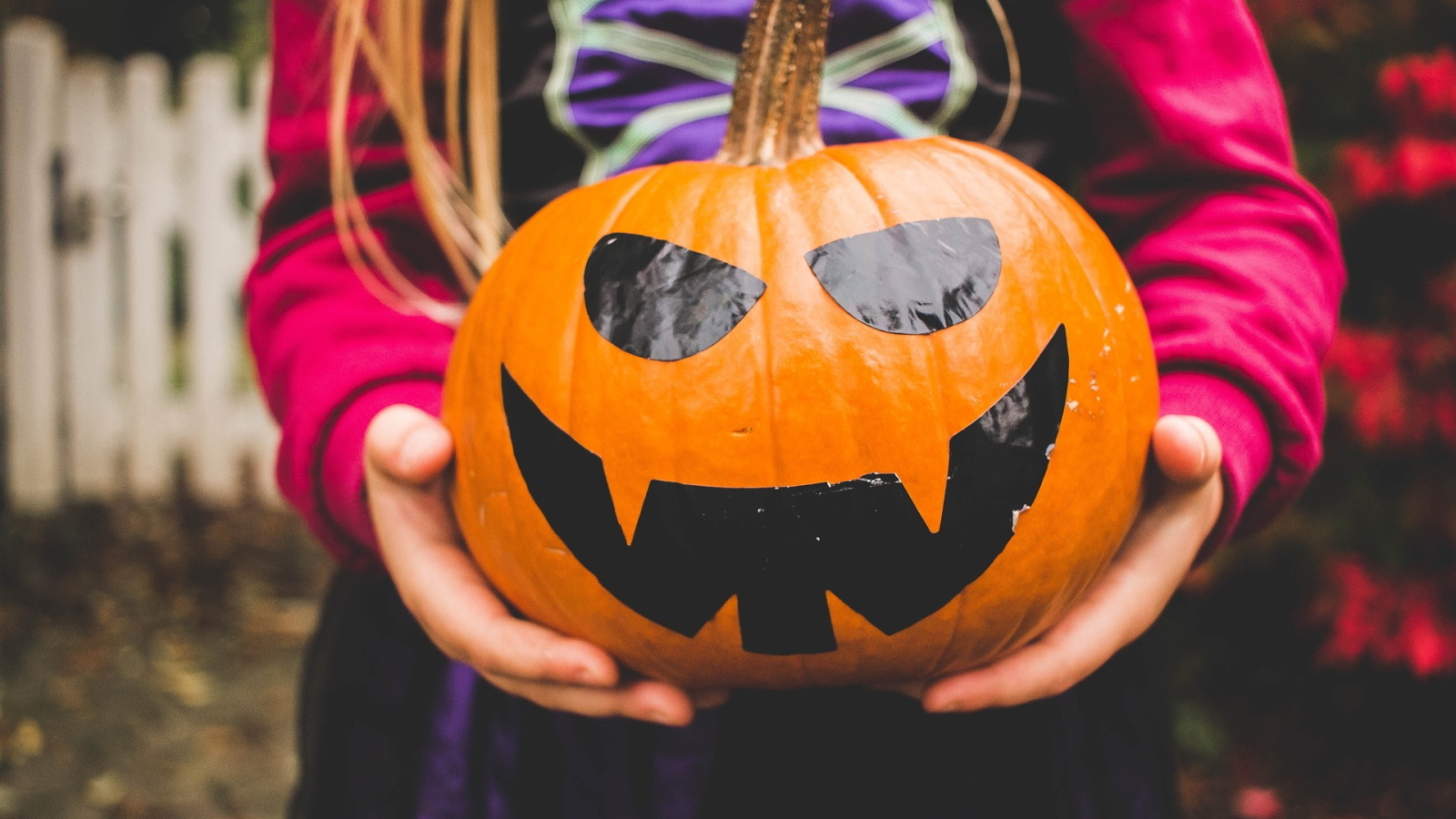A survey conducted by the National Confectioners Association found that 93% of Americans were planning to celebrate Halloween in some way. | English/Pexels
A survey conducted by the National Confectioners Association found that 93% of Americans were planning to celebrate Halloween in some way. | English/Pexels
• An overwhelming majority of Americans celebrate Halloween.
• Sinus infections caused by viruses are contagious.
• Common colds are more likely in the fall and winter, and they can lead to sinus infections.
Dr. Franklyn Gergits of Sinus & Allergy Wellness Center said that when people who are living with sinus problems seek treatment, he can usually help identify and treat the underlying cause.
"Our goal is to help patients identify where the problem lies," Gergits told the NE Valley Times. "And if the quality of life [is low], patients are saying, ‘You know what, I'm just going to live with this facial pressure and facial pain. I'm just going to live with this drainage, and that's going to be my new baseline, and I'm just going to live life that way.’ The joys of life happen when we are getting good rest and living our best life. Fortunately, we can help patients navigate those challenges in a straightforward, simple fashion."
According to PR Newswire, a survey by the National Confectioners Association taken in September found that 93% of Americans were planning to celebrate Halloween in some way.
Mingling over a holiday weekend could expose you to more germs than usual, as public gatherings and events increase the risk of transmitting or catching a sinus infection, according to WebMD. Sinus infections themselves aren't contagious, but the viruses that can cause those infections can be. Such viruses are spread through the air, meaning those with sinus infections should cover their mouth and nose when coughing or sneezing and wash their hands often. People who don't have sinus infections should also wash their hands often and avoid touching their eyes, nose or mouth.
While common colds and allergy symptoms are more likely in the fall, at Halloween and in winter, those allergies and colds can devolve into sinus infections. According to the Houston Chronicle, allergies, colds and sinus infections have many of the same symptoms, making it hard to distinguish between the two.
Dr. Tran Locke -- an ear, nose and throat (ENT) specialist who works at Baylor College of Medicine -- said that if symptoms such as congestion last for more than 10 days, it may be time to seek medical attention. Other symptoms include a feeling of pressure in the face, decreased sense of smell, tooth pain or a fever. While some patients can resolve their symptoms through medication, a minimally invasive surgery might be a better option in order to treat the underlying condition, Locke told the Houston Chronicle.
People who have experienced any of those symptoms, or other symptoms such as fatigue, can take this Self-Assessment Quiz to determine whether seeking treatment could be beneficial.






 Alerts Sign-up
Alerts Sign-up